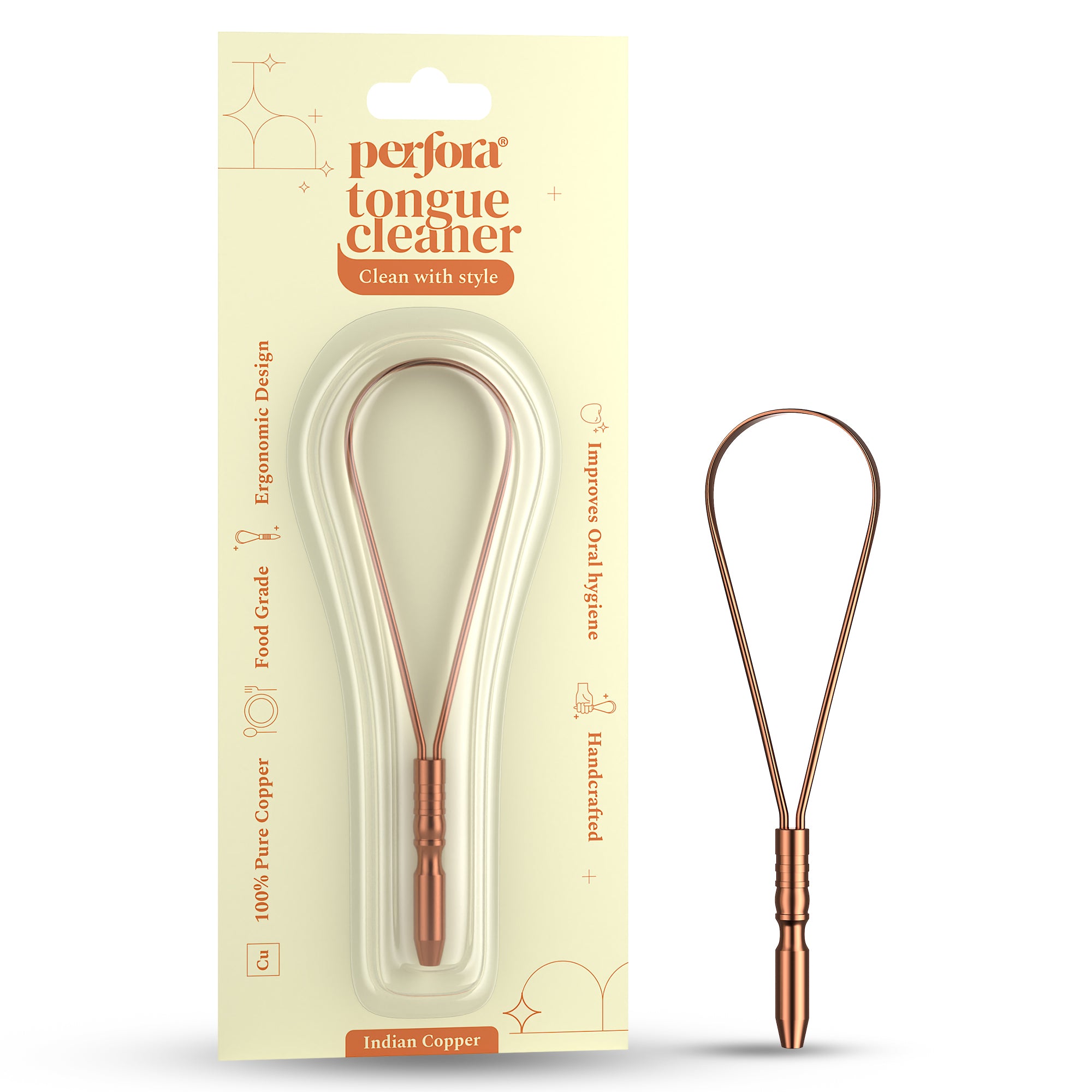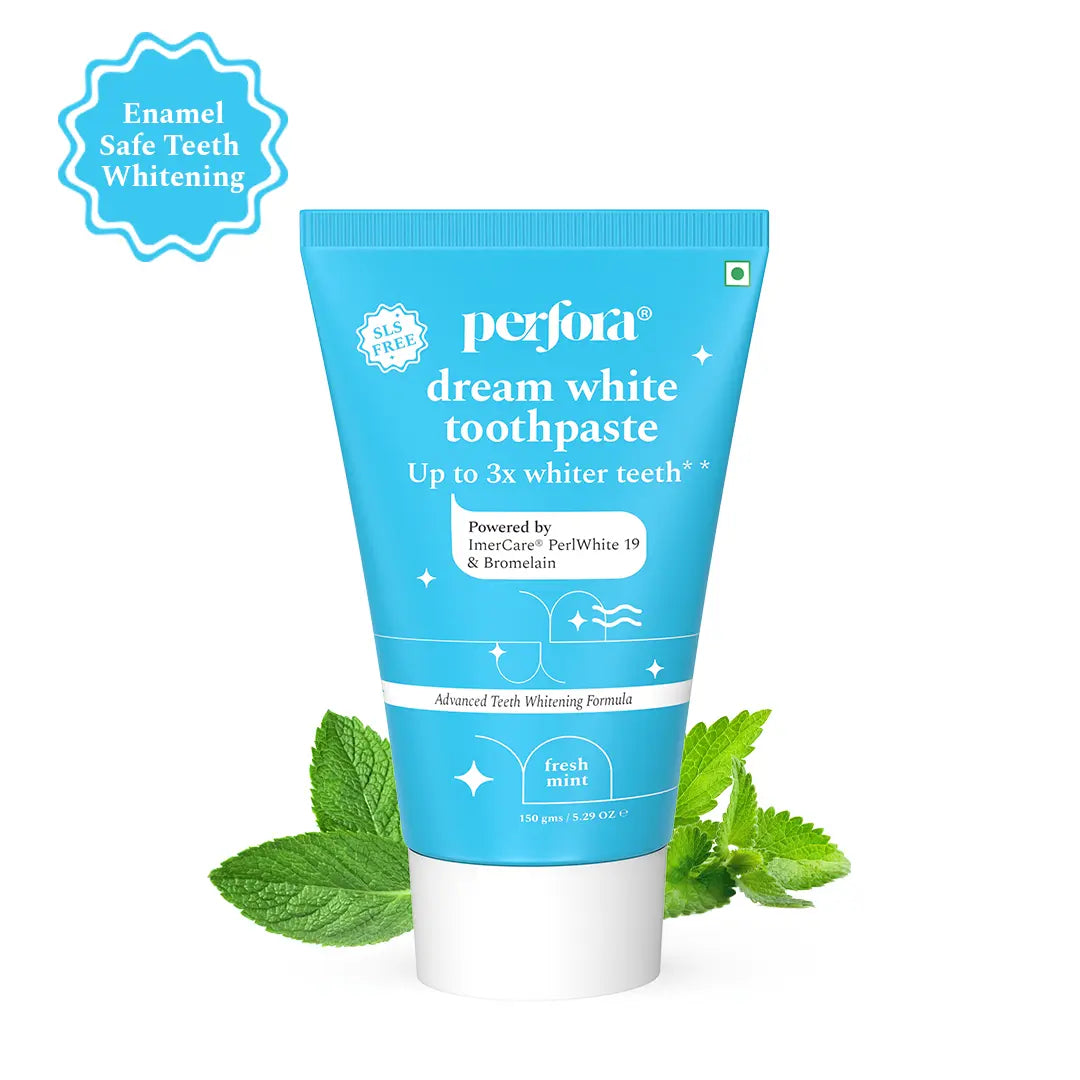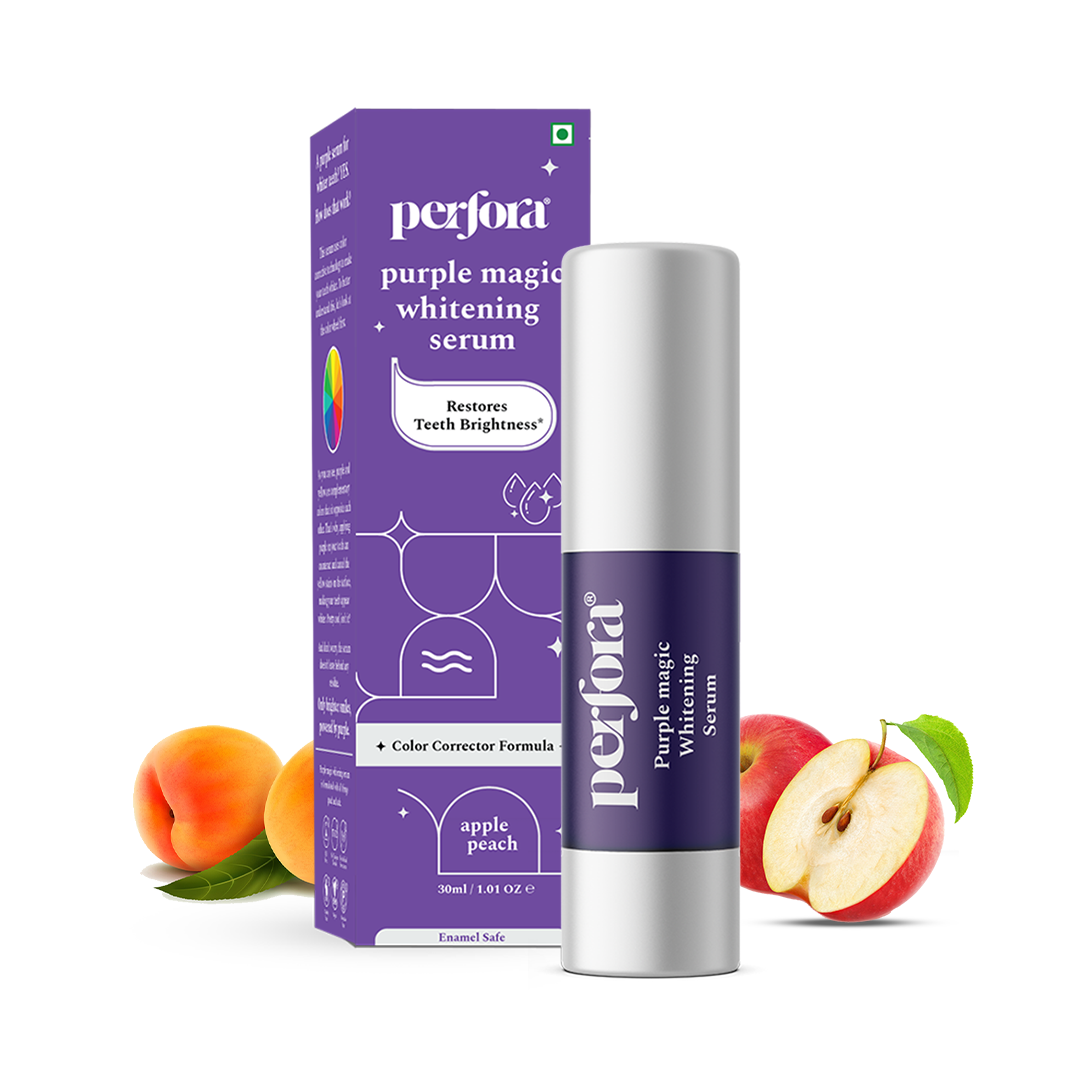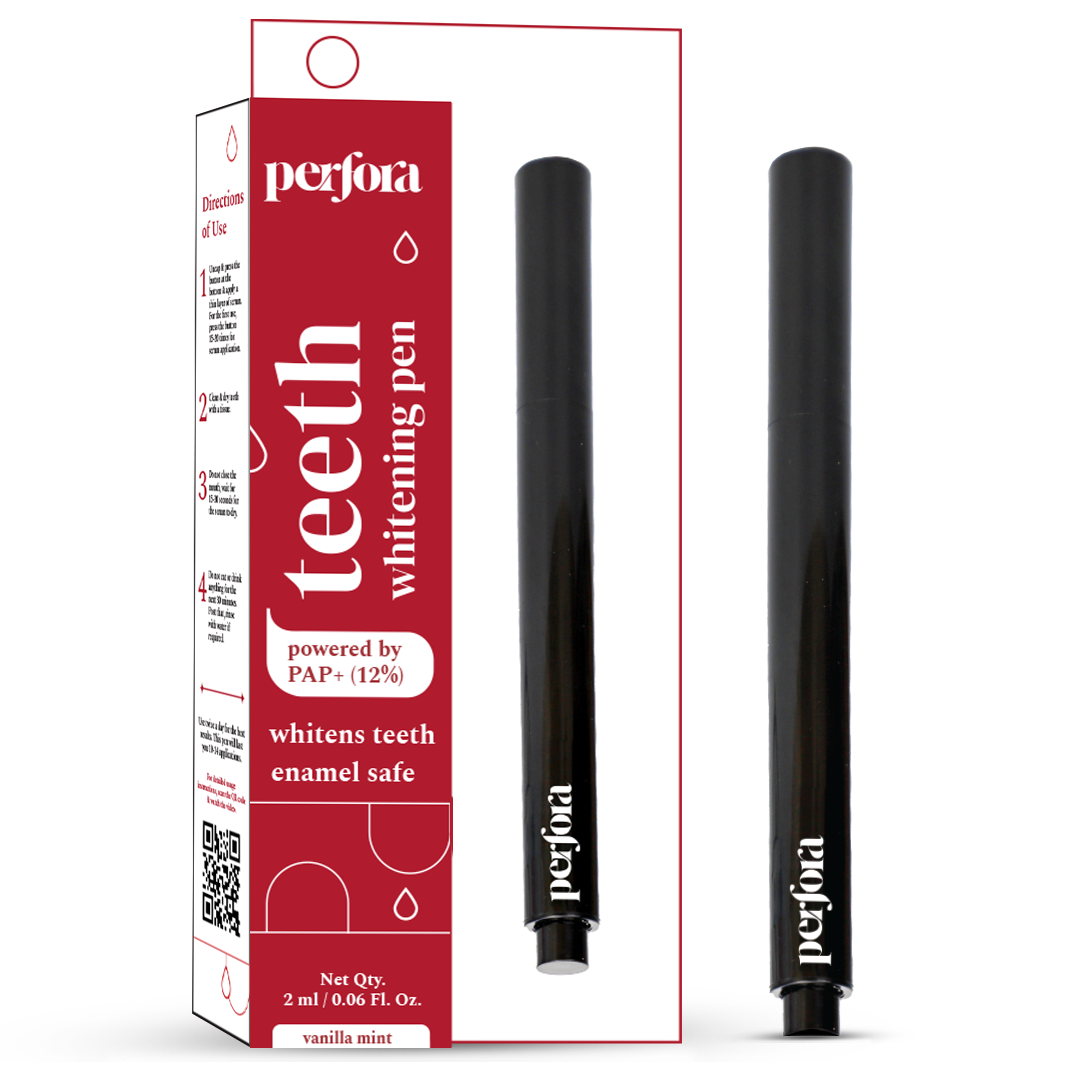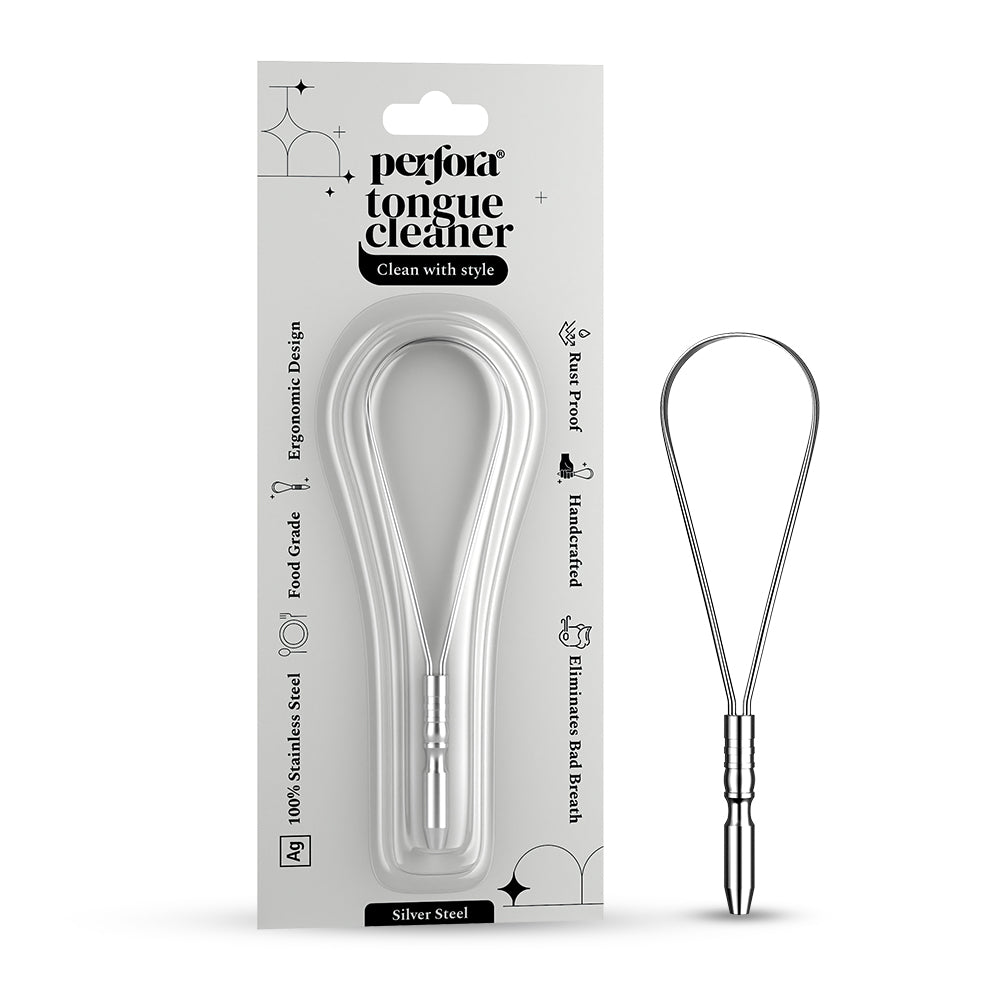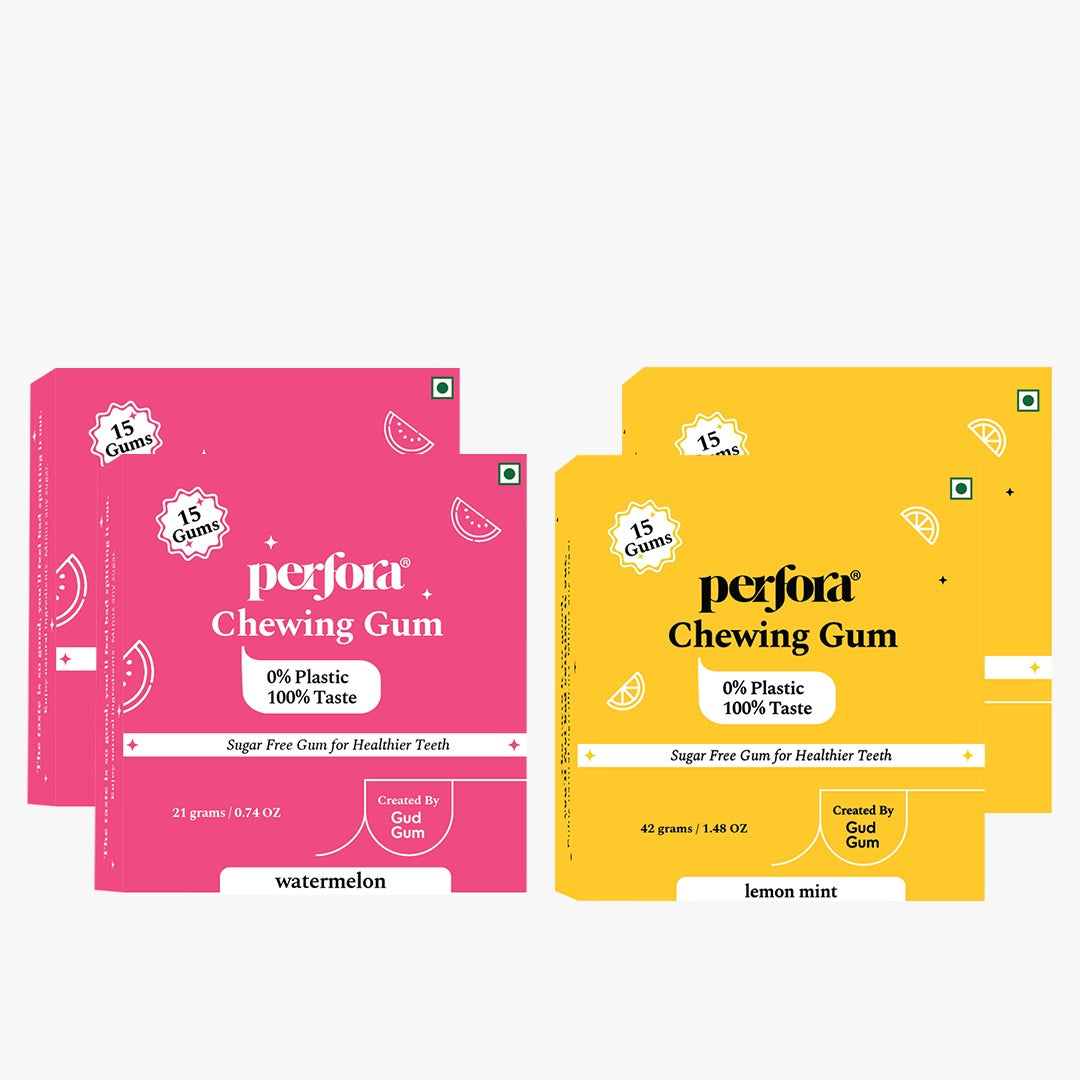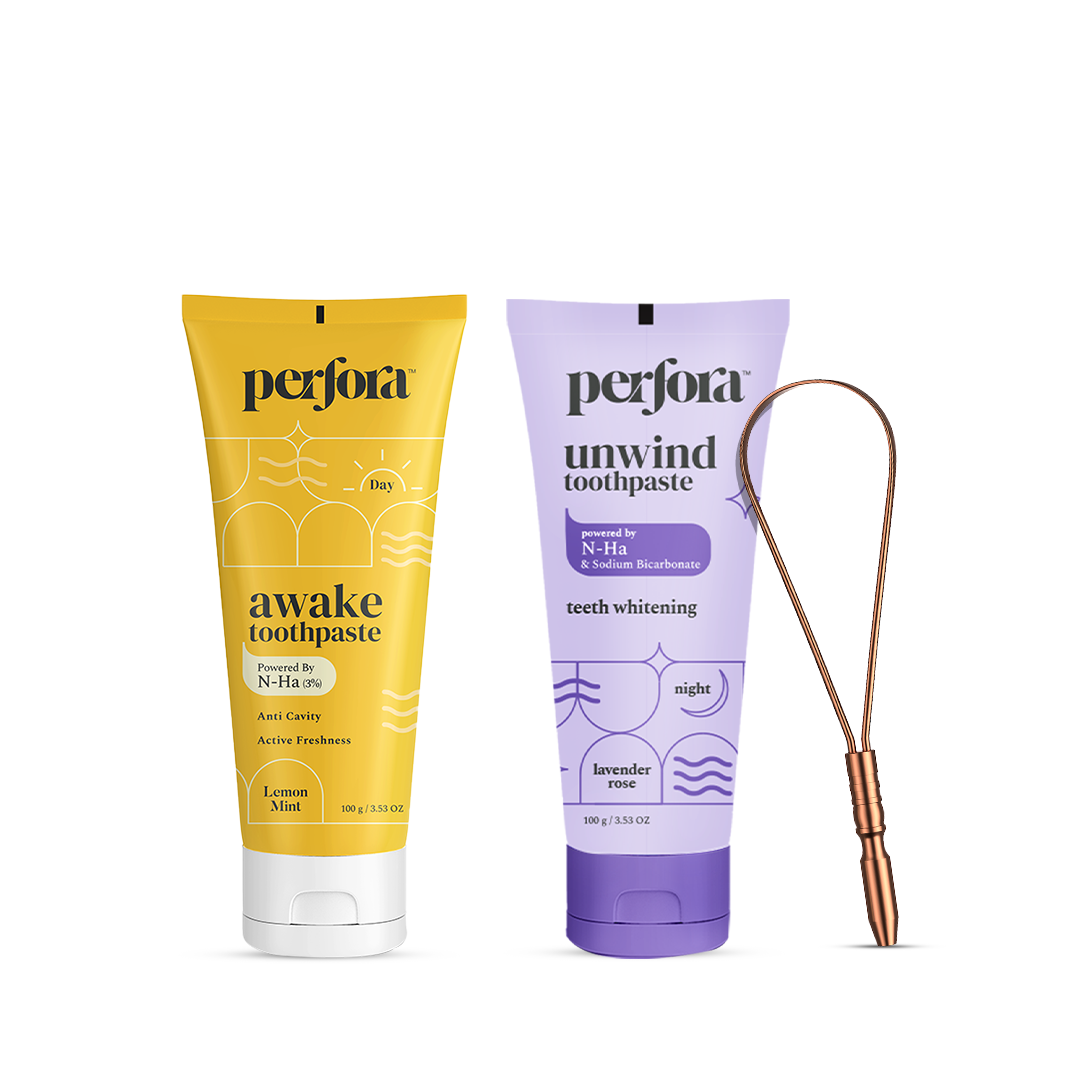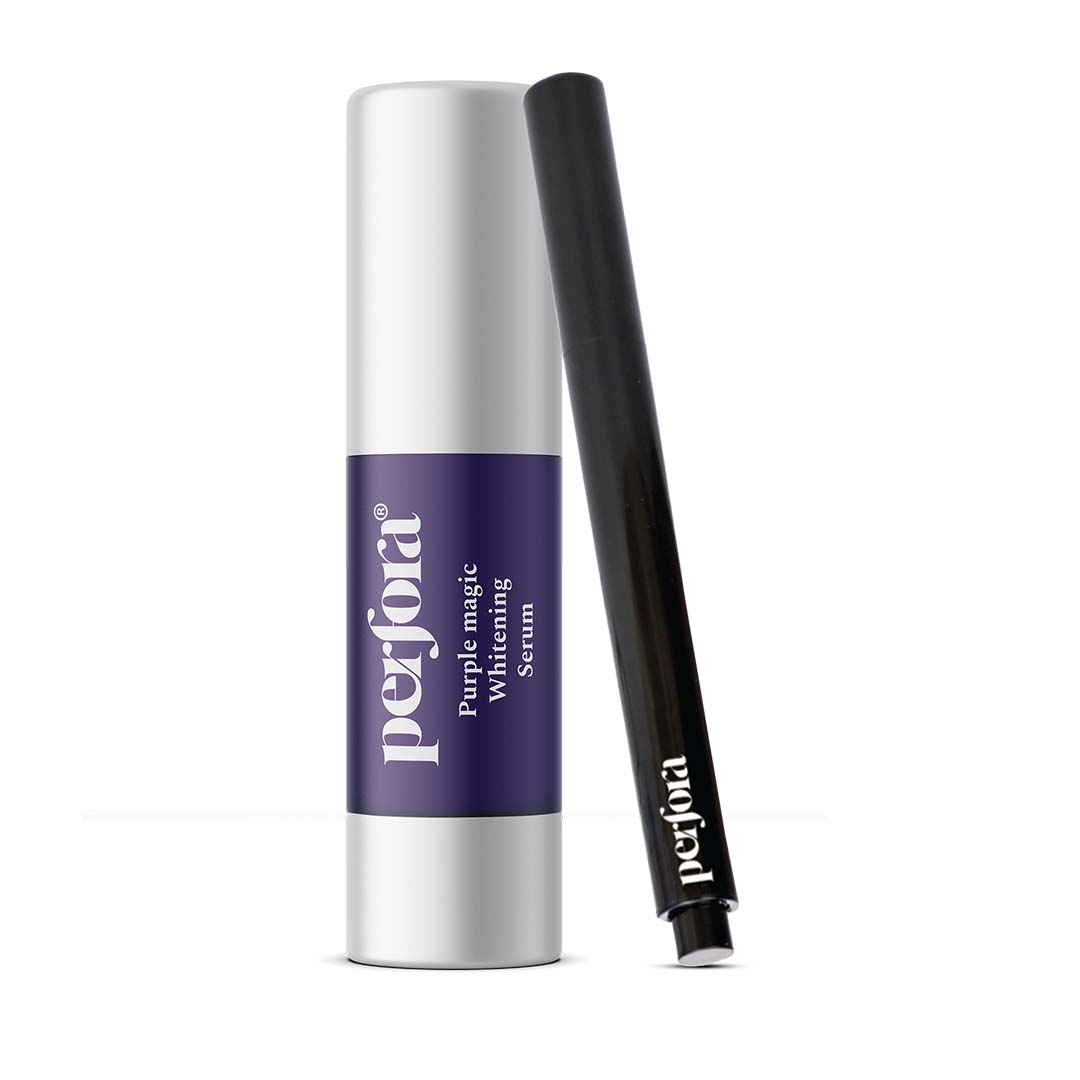Your oral health is a window to your overall health. Any kind of discomfort with teeth, gums or mouth can impact your overall health. Taking care of your teeth is not just about brushing and flossing. It goes far beyond that. There are certain dental hygiene tips you can follow to improve your oral health at home. Regular dental checkups are important but following basic oral hygiene at home can help reduce those check-ups and improve your oral health.
5 tips to take better care of your teeth
1) Use the right toothbrush
Choosing a toothbrush well is important as it can help determine how well your teeth get cleaned. For effective cleaning, it is recommended to use a toothbrush with a small head as it can reach the hard to reach areas in your mouth. An electric toothbrush is recommended over a normal one as it helps clean your teeth effectively and reaches the parts of your mouth where a regular toothbrush doesn’t. An electric toothbrush also lasts you longer and is sustainable as you only need to change the brush head every 3 months rather than the entire brush. The usage of an electric toothbrush is timed thus making it a standardised process every single time you brush.
Using an electric toothbrush can also help prevent yellow teeth and improve gum health. These toothbrushes are safe for your gums and are enjoyed by kids too.
2) Floss regularly
Flossing is extremely important for your dental hygiene. Gone are the days when flossing was just a dental recommendation to appease you. With the kind of foods we eat, flossing is an important part of dental hygiene that one must not ignore. Flossing helps you remove the food stuck in between teeth and gums. Flossing once a day can help prevent the formation of plaque. You can start your flossing journey with either a string floss or water flosser. A water flosser can cover areas that even a string floss can’t. It helps clean your mouth completely from all the leftover food. For those with teeth braces or sensitive gums, a water flosser is the best option out there.
3) Give your tongue some attention
Your tongue is an important part of your mouth that must not be ignored. Bacteria deposits on your tongue and can cause the problem of bad breath. In order to avoid that you must use a tongue scraper regularly to remove the bacterial deposits on your tongue. You must check the colour of your tongue every morning and must clean it using a tongue scraper in order to avoid bad breath or yellow teeth. You must place the tongue scraper on your tongue and move it from the back of your tongue to the front and scrape the bacterial deposits on your tongue. Tongue scrapers come in different varieties including copper, plastic and stainless steel. A copper one is usually recommended by dentists as it has anti-microbial properties.
4) Avoid certain foods
We all know that junk food is not the best food - neither for your body nor for your mouth. Avoiding sodas, salty and sugary foods can help keep your teeth and gums healthy. Too much sugar and salt cause cavity and plaque which harms your overall oral health. Certain foods and drinks like tea and coffee are harmful to your teeth. These deposit on your teeth and cause yellowish stains. Caffeine also contains acid which wears out your enamel. Thus, avoiding coffee and tea can be a great idea to get that sparkling white smile.
5) Use an alcohol-free mouthwash
Along with brushing, flossing and tongue scraping, using an alcohol-free mouthwash is also an important step to be added to your daily oral care routine. Mouthwash helps reach those parts of your mouth that a toothbrush usually can’t. Alcohol-based mouthwashes can be harsh on your teeth and gums and thus must be avoided. Alcohol-free mouthwashes must be used which can help clean your entire mouth, prevent bad breath and help maintain teeth health.
Frequently Asked Questions:
- Can a dentist tell if your tooth is dying?
Yes, a dentist can tell if your tooth is dying. It can be seen during a regular dental examination or through an x-ray. A tooth can die mainly due to loss of blood supply. This can lead to tooth pain or discolouration.
- Why do teeth go black?
Teeth can go black due to several reasons including trauma, decay, tobacco use or medications. Tooth decay or cavities or some of the common reasons for the teeth turning black. Regular usage of foods that can damage the enamel may also cause teeth to turn black
- Is Listerine good for a toothache?
Mouthwashes can help relieve some kinds of pain. It depends on the type of mouthwash and the type of toothache. If the toothache is due to debris stuck in between teeth, then using mouthwash can be effective in getting rid of the pain.
- Why would a tooth turn grey?
Grey teeth could be a sign of certain dental issues hence must not be ignored and immediately treated. It can be due to loss of blood supply to the teeth which could be due to various reasons such as trauma, decay, cavity, medication etc. Grey teeth can become white only by using bleaching agents. Grey teeth can’t go back to their original white colour without teeth whitening agents.
- Why are my teeth yellow?
As one gets older, the enamel of teeth wears away from chewing and exposure to acids from drinks. Tea, coffee and wine have high amounts of chromogen which settle on teeth as stains and cause them to turn yellow. Yellow teeth can become white again if one brushes regularly and avoids acidic foods. Teeth whitening agents such as fluoride and charcoal toothpaste are also good alternatives to getting whiter teeth.
- Can you stop tooth decay?
Good oral health and daily hygiene can help prevent tooth decay. Brushing with fluoride toothpaste, rinsing the mouth, visiting the dentist regularly and using dental sealants to cover back teeth can all help in preventing tooth decay.
- Can a rotten tooth make you sick?
Rotten teeth if left unattended can lead to blood poisoning. The rot from the teeth can accumulate in the mouth over time and get swallowed with saliva leading to certain complications. Hence, it's best to visit a dentist as soon as you notice a rotten tooth.
